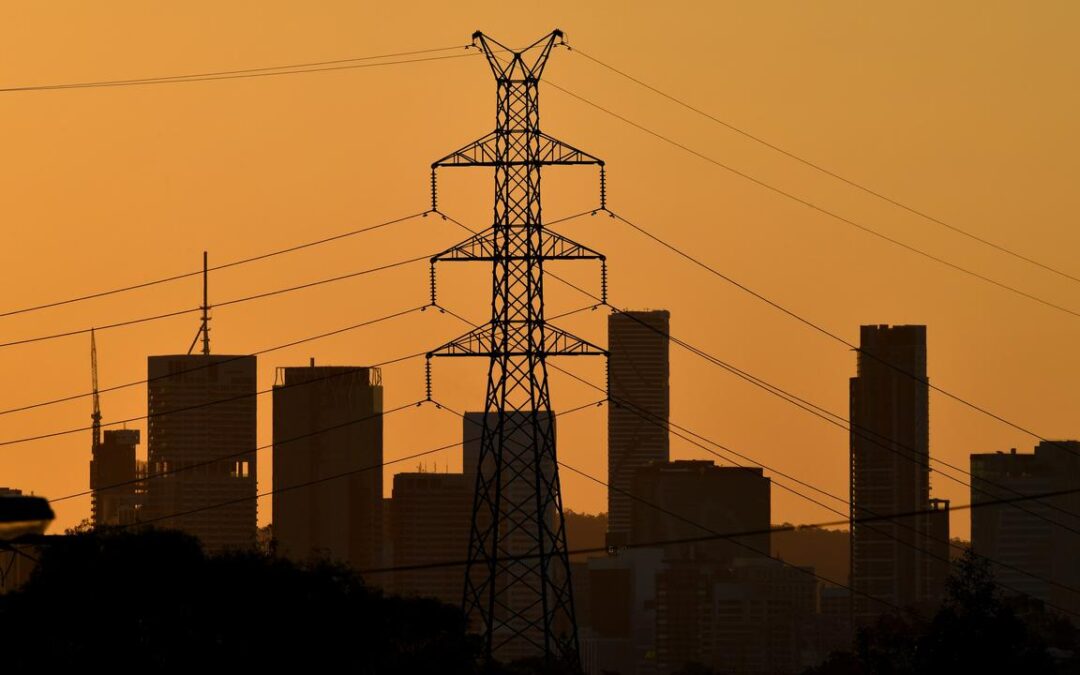
Grid reliability gaps covered, if no project delays
Australia is tracking comfortably towards meeting its electricity needs as coal plants retire, provided new solar, wind, storage and transmission comes online without delays.
The operator of the national electricity grid, which serves the five eastern states and the ACT, describes a “healthy” pipeline of new investment to keep the lights on over the next decade.
Yet Australian Energy Market Operator’s latest reliability snapshot does nod to recent delays in energy infrastructure rollout.
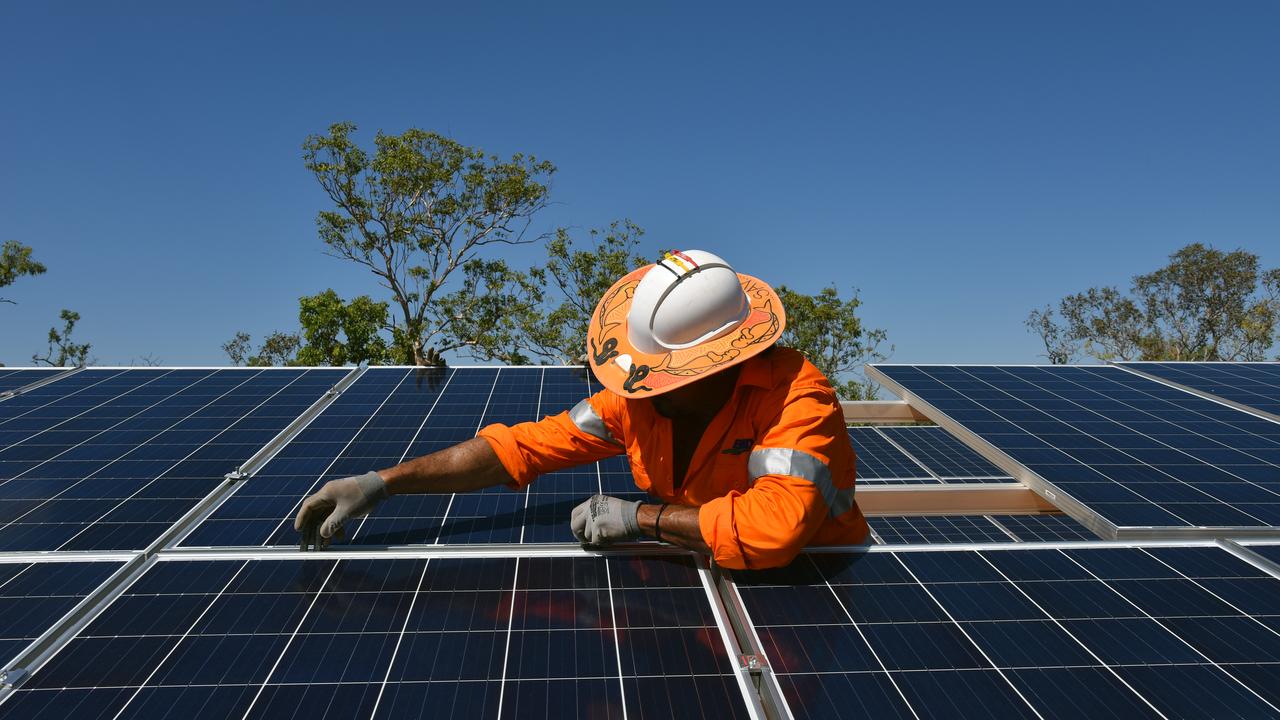
Near-term reliability gaps in Queensland and South Australia start to look more likely when the operator only factors in development that has already ticked off planning approval, finance and other AEMO-determined “commitment criteria”.
Even with those conservative assumptions on project delivery, the market operator still believes the outlook for grid reliability has improved compared with 2024.
Additionally, the retirement of large power stations is the primary trigger for reliability concerns.
To meet national climate commitments, Australia has been transitioning its electricity grid from emissions-intensive coal to renewable energy sources backed up by storage.
Thursday’s assessment suggests the transition is broadly heading in the right direction, reflecting generous investment in new generation and storage helped along by state and federal policies.
A record 4.4GW of new generation and storage was commissioned in the year to June, and between 5.2GW and 10.1GW are expected to be commissioned each year over the next five years.
AEMO chief executive Daniel Westerman said ongoing reliability was dependent on energy projects being delivered on time and as promised.
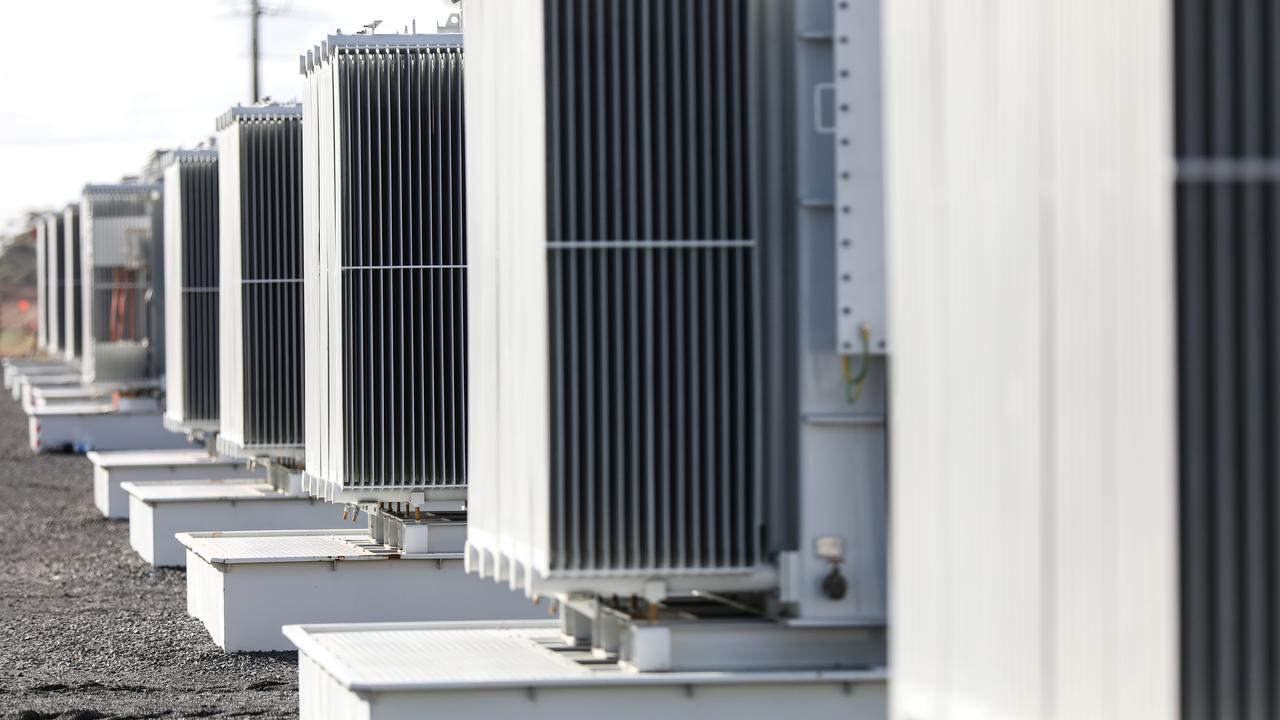
This includes the rooftop solar, batteries, electric vehicles and other smart devices the market operator considers a “valuable resource” for the future energy system, if well co-ordinated.
“The 10-year investment pipeline to manage energy reliability is healthy,” Mr Westerman said.
“Considering the large volume of generation retirements over the next decade, the timely delivery of new generation, storage and transmission, along with the operation of consumer energy resources to support reliability, remain critical.”
Delayed planning assessments, transmission build-outs, grid connections and environmental assessments have been well documented and rank as top concerns for renewable investors.
Environmental law reform and other opportunities to clear the way for faster clean energy delivery are expected to be topics of discussion at the federal Economic Reform Roundtable underway in Canberra.
The market operator also expects demand to ramp up in the next few years, pencilling in a 21 per cent increase in operational consumption in the next decade.
This forecast growth reflects “rapid expansion” of data centres, ongoing business electrification and more industrial energy users in general.
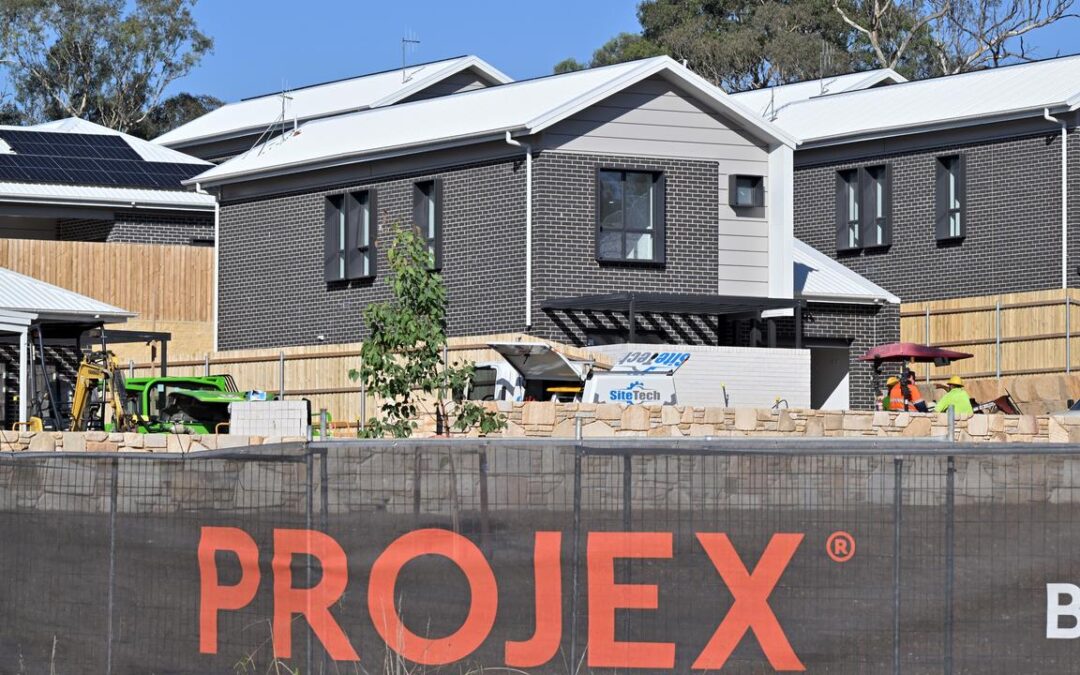
Tax reform on the table as summit eyes negative gearing
An overhaul of how Australians could be taxed will be put in the spotlight as a productivity roundtable draws to a close.
The third and final day of the federal government’s economic reform summit in Canberra will focus on tax reform and budget sustainability on Thursday.
The government went into the federal election in May promising not to make changes to negative gearing and the capital gains benefit, but forum attendees are still expected to make the case for the reforms.
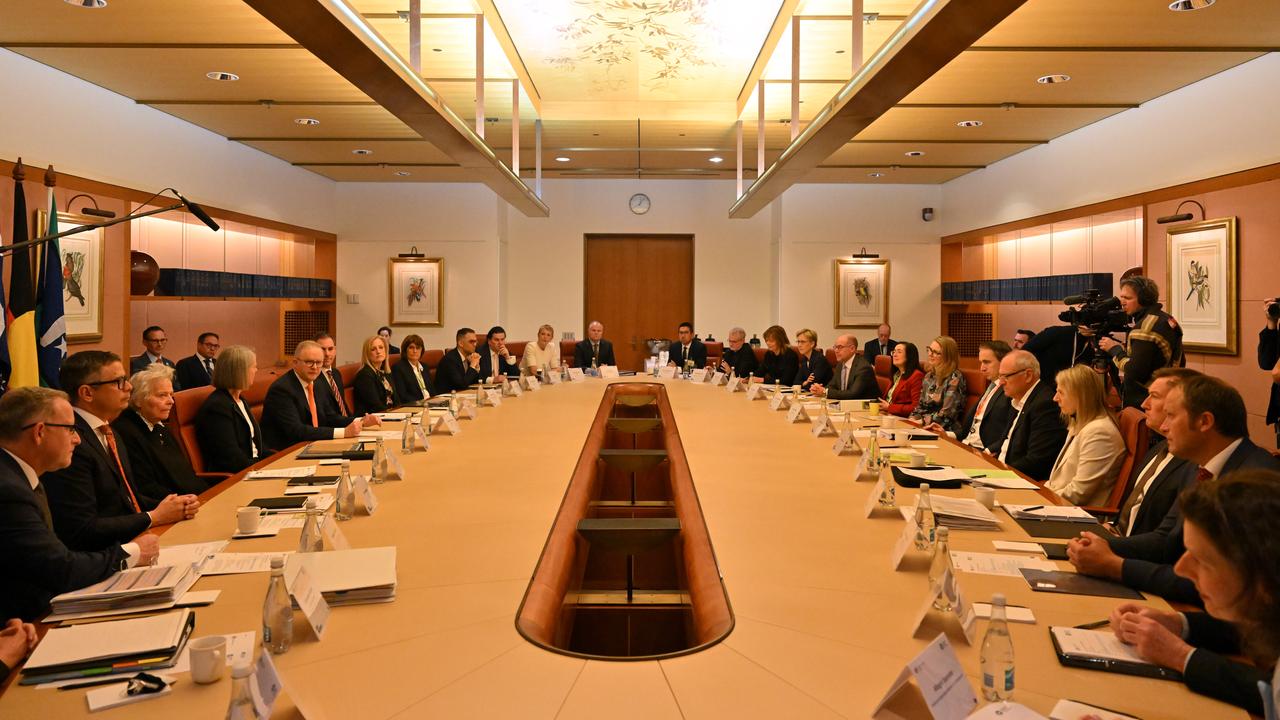
Unions are set to argue for a full suite of tax measures including limiting negative gearing to one investment property, with existing laws allowed to stay in place for the next five years.
A minimum tax rate of 25 per cent for people earning more than $1 million per year has been pitched by union attendees.
Capital gains and negative gearing reform needed to be considered by the government to take to voters, tax expert Dale Boccabella said.
“Aspects of the tax system is just unfair and the big one is the capital gains tax discount,” the associate professor of tax law at the University of New South Wales told AAP.
“If you look at who gets the benefits, it goes to the top end, they don’t need a 50 per cent tax break.”
Assoc Prof Boccabella said sustainability of the tax system needed to be front and centre during the final day of the roundtable.
“Sustainability and fairness go hand in hand, and underlying that, of course, is generational unfairness,” he said.

“The government should not be criticised for acting on (negative gearing), it should be done in a sustainable way.”
The third day of the summit will include a presentation on budget sustainability by Treasury secretary Jenny Wilkinson.
A pitch on a better tax system will be delivered by Grattan Institute chief executive Aruna Sathanapally.
Discussions on how to make government services and spending more efficient will be another topic for debate.
The roundtable had produced consensus for areas of economic reform, Treasurer Jim Chalmers said.
“We’ve already got a big agenda to ease the burden on businesses, cut red tape and build more homes but we’re keen to do more where we can,” he said.
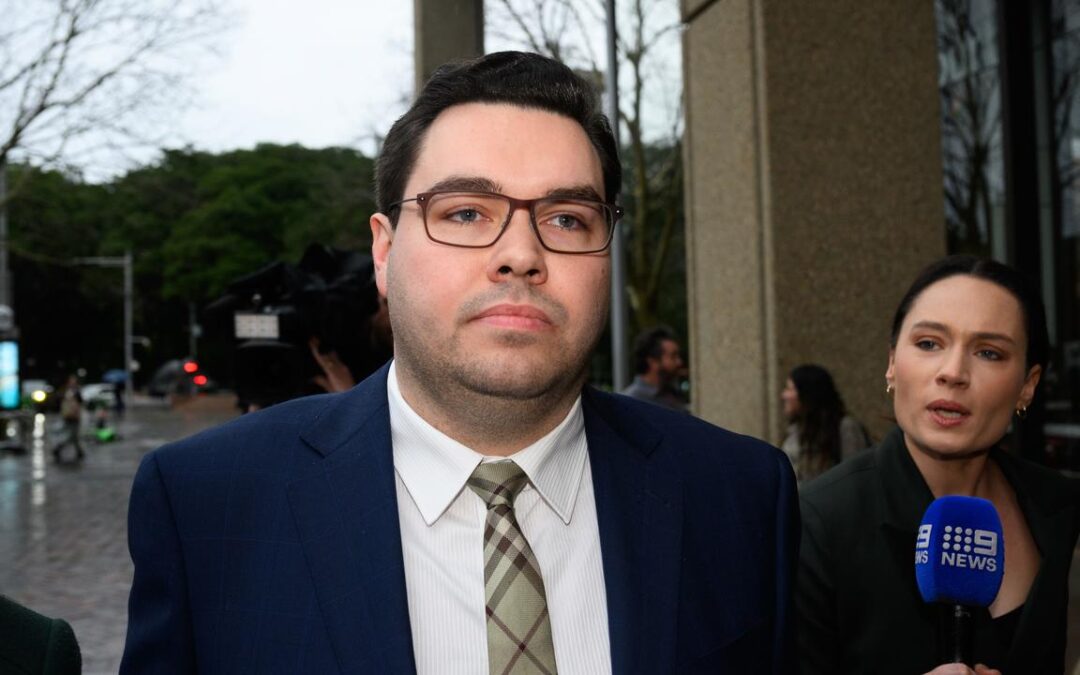
Lehrmann lied on stand to conceal rape, court told
Bruce Lehrmann told a number of lies during his defamation trial against a national broadcaster because he was trying not to expose himself as a rapist, a court has been told.
The former political staffer was found by Federal Court Justice Michael Lee to have – on the balance of probabilities – raped his colleague Brittany Higgins in parliament house in 2019.
The bruising civil court finding came after Lehrmann sued Network Ten and journalist Lisa Wilkinson for defamation over a 2021 interview with Ms Higgins in which she aired the allegations.
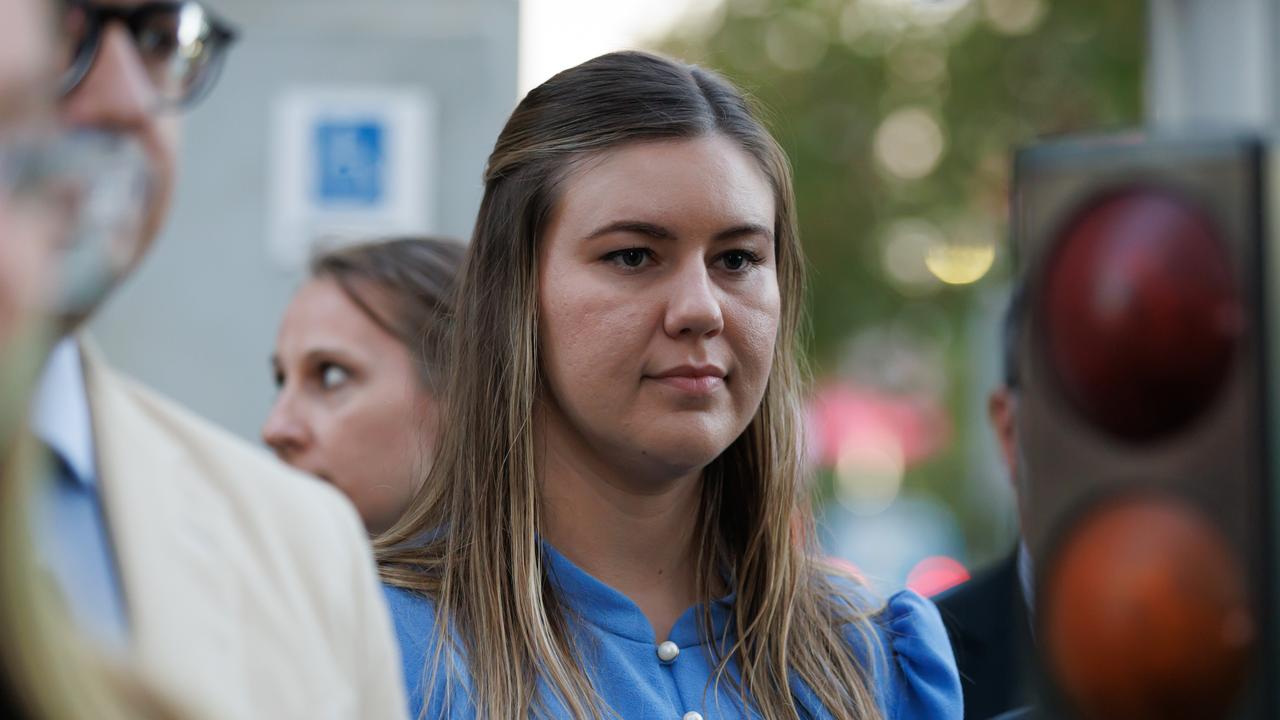
Lehrmann has launched an appeal against the ruling in the Federal Court, arguing he was denied procedural fairness because the factual findings differed from the case run by Ten.
He has also taken aim at Justice Lee’s ruling that he would only be entitled to $20,000 in damages if he was successful in proving defamation, claiming the figure is “manifestly inadequate”.
But Ms Wilkinson’s lawyer told the court that his “repeated acts of dishonesty” throughout the trial and beforehand meant the award of damages could not deemed inadequate.
Sue Chrysanthou SC said Lehrmann had told a number of lies because he knew that telling the truth would expose him as a rapist.
“If a person comes to court and has repeatedly lied about key issues, that will have a substantial impact on damages,” she said.

Justice Lee determined Lehrmann had told a number of deliberate lies about important issues throughout the trial.
He wrote he was satisfied the 30-year-old denied any sex occurred because he knew that admitting to sex with a drunk woman would raise the issue of consent “and he feared the truth”.
Ms Chrysanthou said the judge erred in finding Lehrmann was recklessly indifferent to Ms Higgins’ consent and should have instead found that he committed “intentional rape”.
“That level of indifference would be considered by any person on the street in 2021 to be a knowing rape, because that sort of indifference is not acceptable in this day and age,” she said.
Lehrmann also took issue with the definition of rape employed by Justice Lee, contending it was inconsistent with the meaning an ordinary person would understand.

Lehrmann maintains he did not sexually assault Ms Higgins.
A criminal case against him in 2022 was abandoned without any findings against him.
The appeal hearing continues on Thursday.
1800 RESPECT (1800 737 732)
National Sexual Abuse and Redress Support Service 1800 211 028
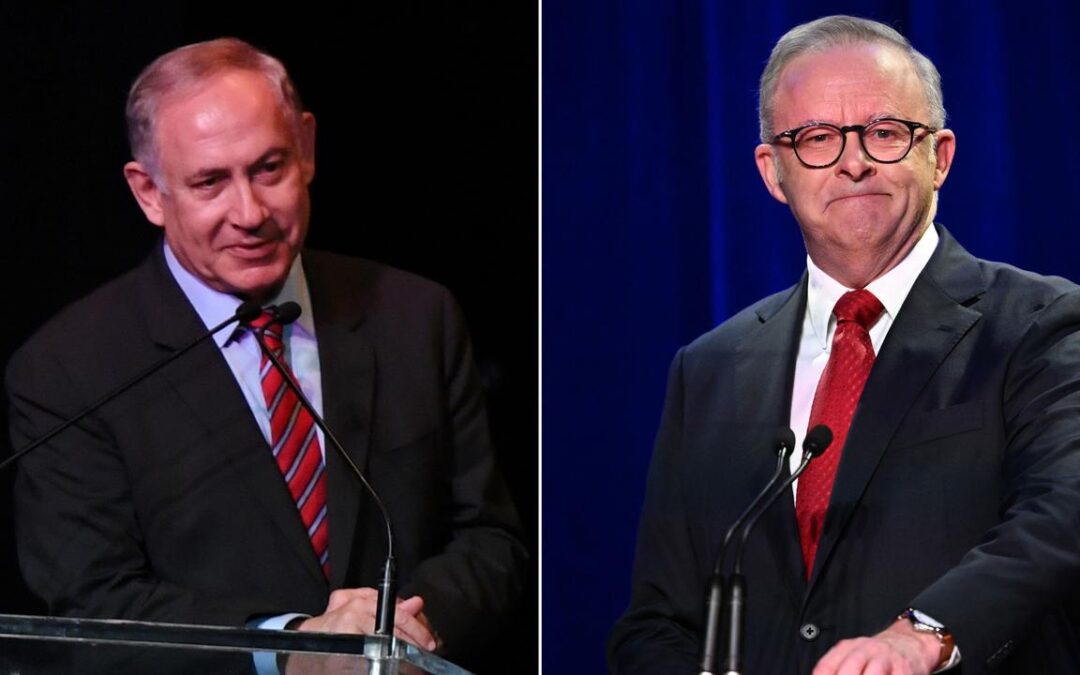
Public spat marks lowest point in Israel-Australia ties
Australia’s ties with Israel are strained like never before but the nation’s global standing could be boosted after Benjamin Netanyahu’s latest lashing.
The Israeli prime minister labelled Australian counterpart Anthony Albanese a “weak politician” in a social media post and claimed he abandoned the nation’s Jewish community.
The Australian leader shrugged off the comments while his lieutenants fired back, with Home Affairs Minister Tony Burke declaring “strength is not measured by how many people you can blow up or how many children you can leave hungry”.

The fracas followed the federal government denying a visa to a far-right Israeli politician set to undertake a speaking tour of Australia at the invitation of a fringe Jewish group.
Israel retaliated by cancelling the visas of three Australian representatives to the Palestinian Authority and ordering embassy staff to apply extra scrutiny to Australian applications to enter Israel.
The tit-for-tat marked an all-time low in diplomatic relations but the impact remains to be seen, Australian National University politics and international relations senior lecturer Charles Miller said.
“Australia’s championing of the rules-based global order looks hypocritical … to the extent it is combined with close relations with Israel,” he told AAP.
“By distancing itself from Israel, Australia gains credibility in many parts of the world, especially the Islamic world.”
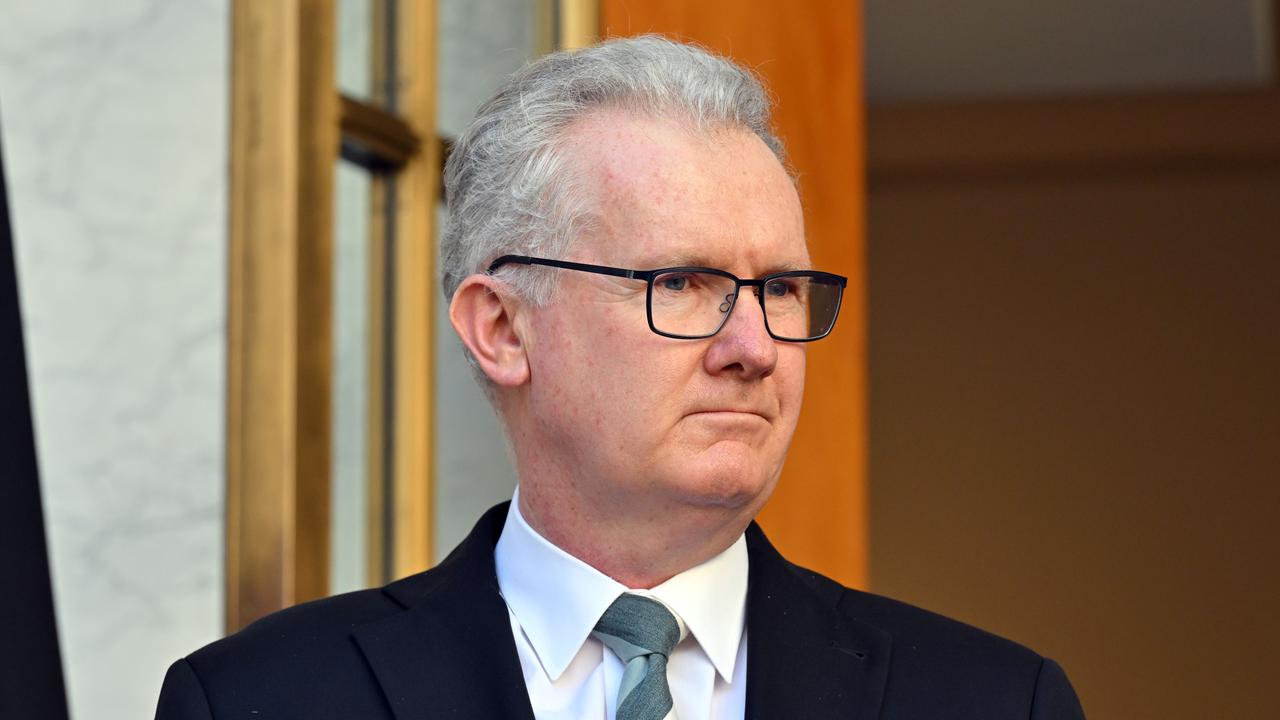
Israel has been accused of committing war crimes in its military action in Gaza, with the International Criminal Court issuing an arrest warrant for Mr Netanyahu.
The warrant, which includes allegations of using starvation as a method of warfare and directing attacks against civilians, are not findings of guilt and Israel has denied the claims.
Australia could feel ramifications of the diplomatic low through a lack of intelligence communication with Israel, along with flow-on effects to its relationship with America, Dr Miller said.
But the latter factor should not be exaggerated because it ought not be assumed America “will always remain as pro-Israel” as it currently is.
“Even if it does, the US maintains a good relationship with Australia because it is in its own interests to do so,” Dr Miller said.
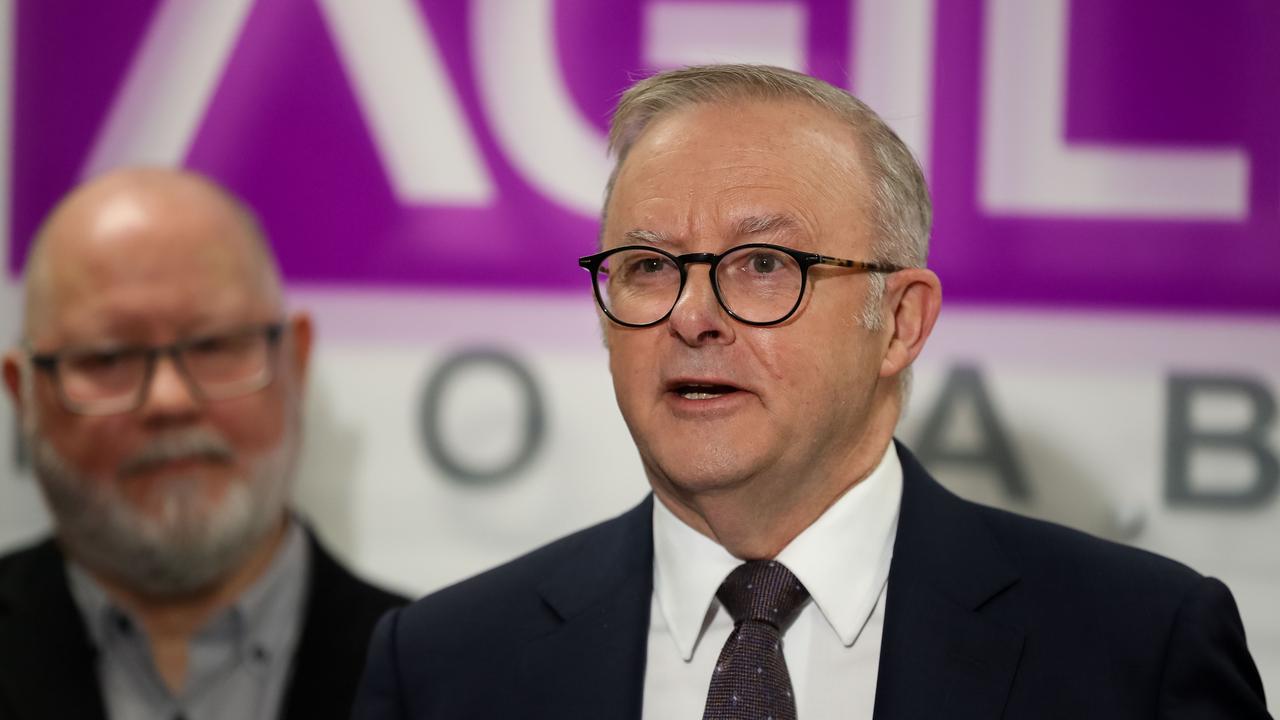
Mr Albanese continued to ramp up his rhetoric surrounding Israel’s Gaza offensive, stating “too many innocent lives have been lost” and insisting the international community agreed.
“(Australians) look at increased settler violence in the West Bank, they look at the decision Israel has made in March to restrict the access of aid, food and water people in Gaza needed, and they think that something needs to change,” he said.
Executive Council of Australian Jewry president Daniel Aghion wrote to both leaders to warn the deterioration in diplomatic relations brought pain and anguish, suggesting both men should have opted for silence.
“The Australian Jewish community will not be left to deal with the fallout of a spat between two leaders who are playing to their respective domestic audiences,” he said.
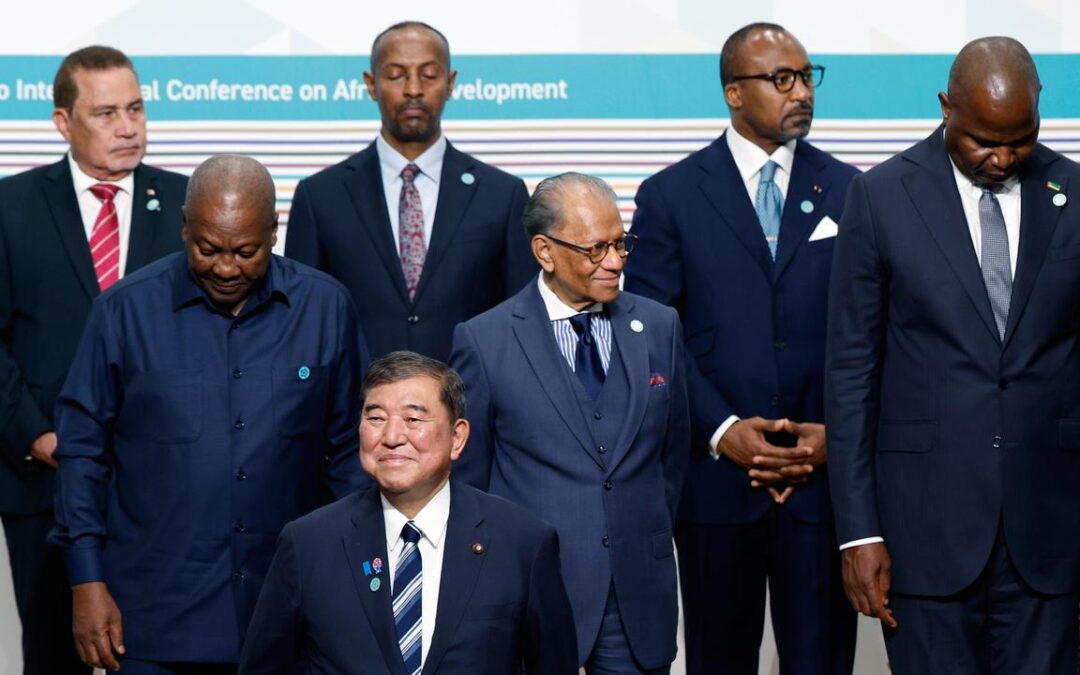
Japan eyes ‘economic zone’ to link Indian Ocean, Africa
Japanese Prime Minister Shigeru Ishiba has proposed an economic zone connecting the Indian Ocean to Africa as his country seeks to play a greater role on the African continent while the US presence there decreases and China’s influence rapidly grows.
Ishiba, kicking off the Tokyo International Conference on African Development (TICAD), pledged to strengthen business and investment in the region and promote free trade by connecting the Indian Ocean region to the African continent.
“Japan believes in Africa’s future,” Ishiba said.
“Japan backs the concept of African Continental Free Trade Area,” which aims to bolster the region’s competitiveness.
This year’s summit comes as US President Donald Trump’s tariff war and drastic cuts in foreign-aid programs have negatively affected development projects in Africa.
Meanwhile, China has been expanding its foothold in the area since 2000 through infrastructure building and loan projects.
The three-day summit in Yokohama, near Tokyo, is focusing on the economy as well as peace and stability, health, climate change and education.
Leaders and representatives from about 50 countries from the African continent, as well as officials from international organisations, are attending.
Japan launched TICAD in 1993.
It was last held in Tunisia in 2022.
“Africa must have a stronger voice in shaping the decisions that affect its future,” United Nation’s Secretary-General António Guterres said at the event, adding that African countries are underrepresented in the international community and its decision-making process.
Under the Indian Ocean Africa economic zone initiative, Japan aims to bring investment into Africa from Japanese companies operating in India and the Middle East.
Ishiba said Japan will extend loans of up to $US5.5 billion ($A8.6 billion) in co-ordination with the African Development Bank to promote Africa’s sustainable development to address their debt problems.
He also said Japan aims to provide support to train 30,000 artificial intelligence experts over the next three years to promote digitalisation and create jobs.
Guterres said “unjust and unfair international financial architecture” must enhance African representation and endorse a strong African voice in the decision-making process, adding that building AI capacity in developing countries in Africa would help ease a digital divide in the region.
Those present at the summit are expected to adopt a “Yokohama declaration” on Friday and Ishiba will announce the outcome at a news conference.
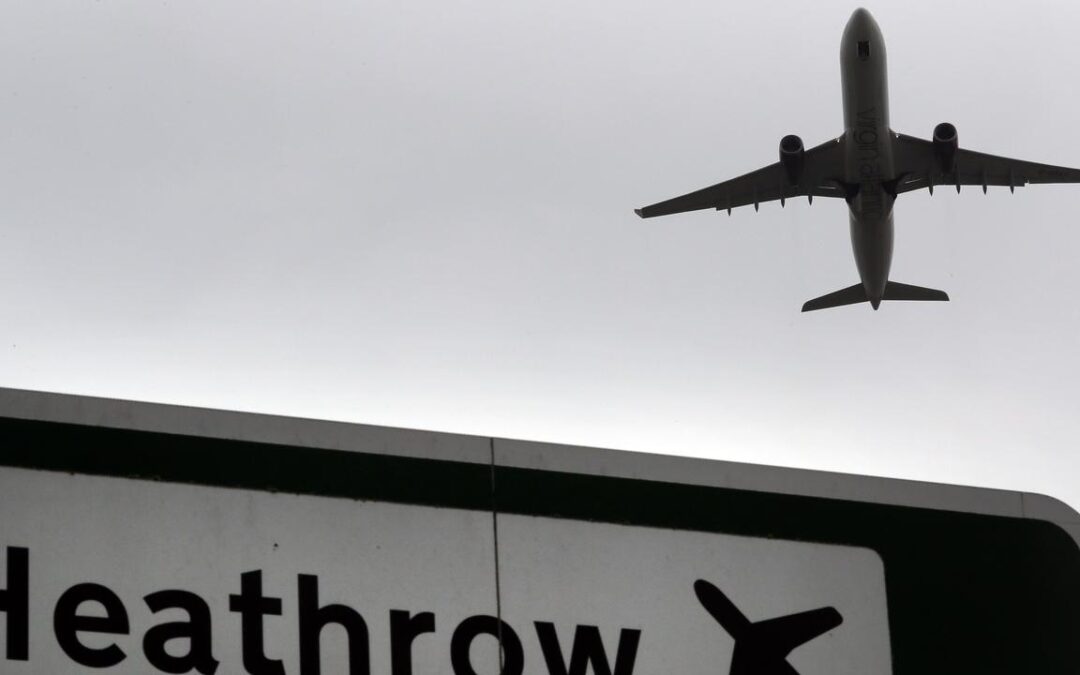
Sharp rise in airfares push UK inflation higher in July
Higher food and airfare prices pushed UK inflation above expectations in July, official figures show, which has tempered market expectations that the Bank of England will cut interest rates again in 2025.
The Office for National Statistics said consumer price inflation was 3.8 per cent in the year to July, up from 3.6 per cent in June.
One of the contributors was airfares soaring by 30.2 per cent between June and July, the biggest jump since the collection of monthly data began in 2001.
Most economists had anticipated a more modest rise in inflation to 3.7 per cent.
With inflation at its highest rate since January 2024 and nearly double the Bank of England’s target of two per cent, the prospects of another rate cut in 2025 are diminishing.
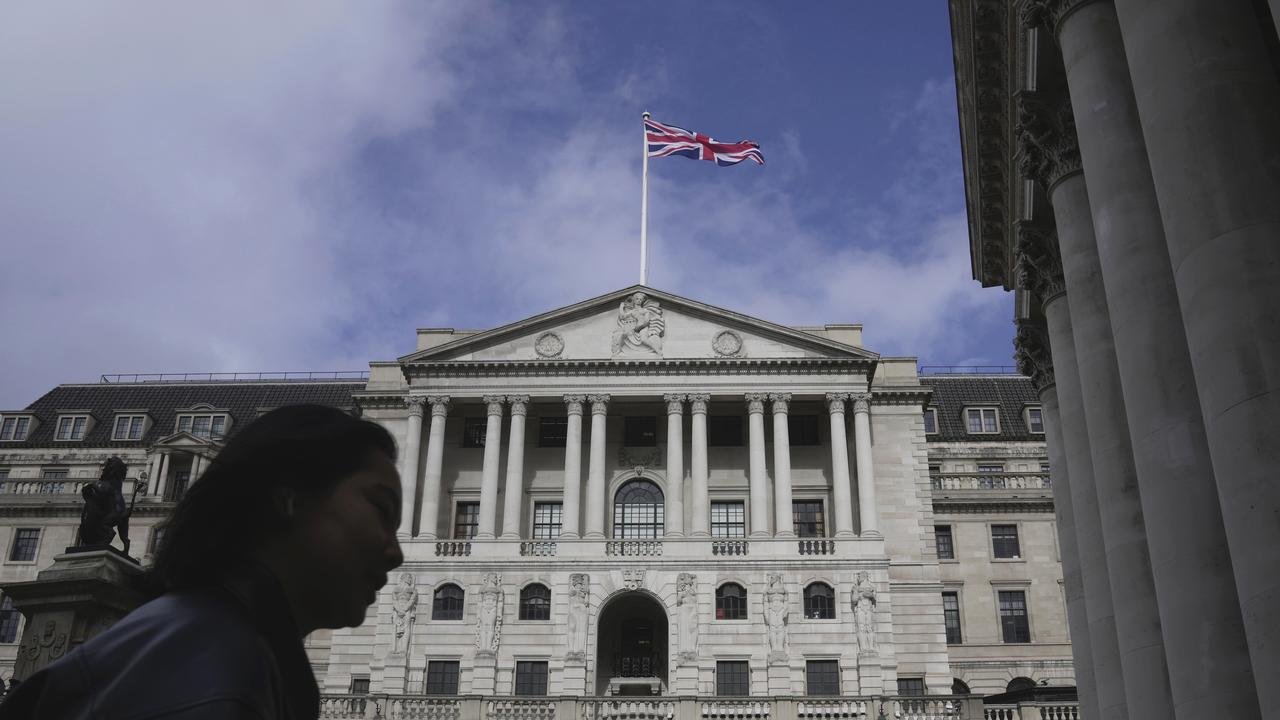
“July’s outturn probably extinguishes hope of a September interest rate cut, while strengthening underlying inflationary pressures calls into question whether policymakers will be able to relax policy again this year,” said Suren Thiru, economics director at the chartered accountants institute ICAEW.
The bank cut its main interest rate by a quarter of a percentage point to four per cent earlier in August, its fifth reduction in a year, when policy makers began lowering borrowing costs from a 16-year high of 5.25 per cent.
The Bank of England’s key rate, a benchmark for mortgages as well as consumer and business loans, is now at the lowest level since March 2023.
The latest increase is another blow to the Labour government, which was partly propelled into power last July because of the cost-of-living crisis, which saw inflation rise to over 11 per cent at one time.
Treasury chief Rachel Reeves acknowledged there was “more to do to ease” the cost of living.
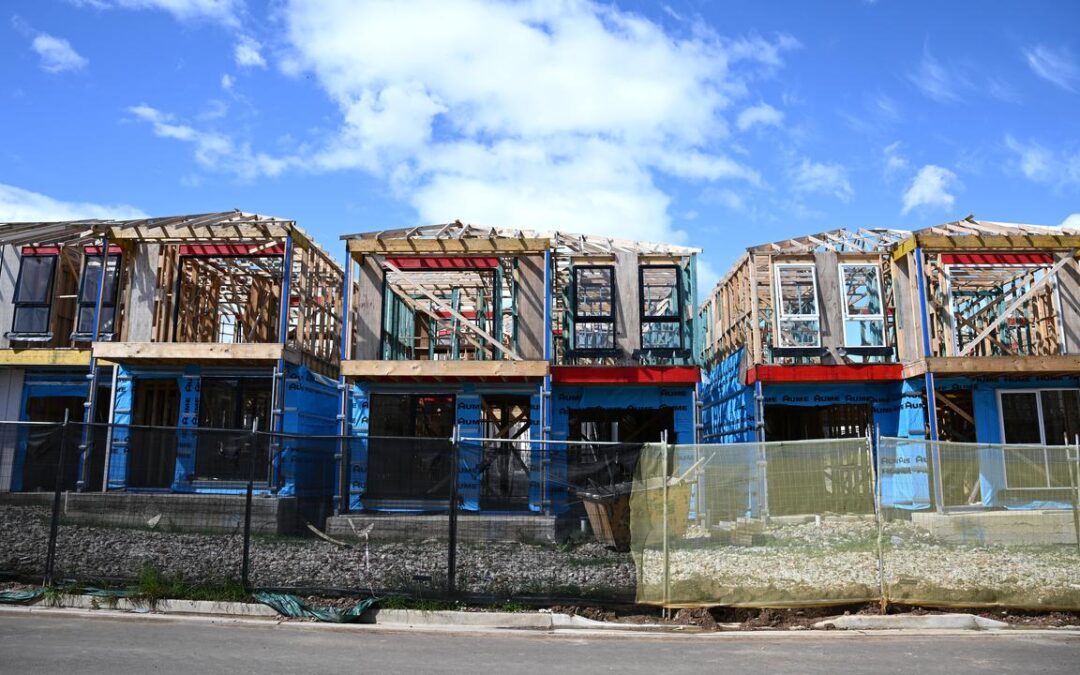
Red tape on chopping block in bid to build homes faster
The need to simplify the regulation of housing and environmental approvals has received widespread support at a major economic reform summit.
But the devil, as always, is in the detail and divisions remain over the specifics.
Treasurer Jim Chalmers promised “win-wins” on Wednesday morning at day two of his economic reform roundtable and unions and business found one in a plan to simplify the National Construction Code.
Housing Minister Clare O’Neil garnered broad support over the need for a pause to the National Construction Code for the life of the housing accord, which runs until mid-2029 and sets a target for 1.2 million new homes.
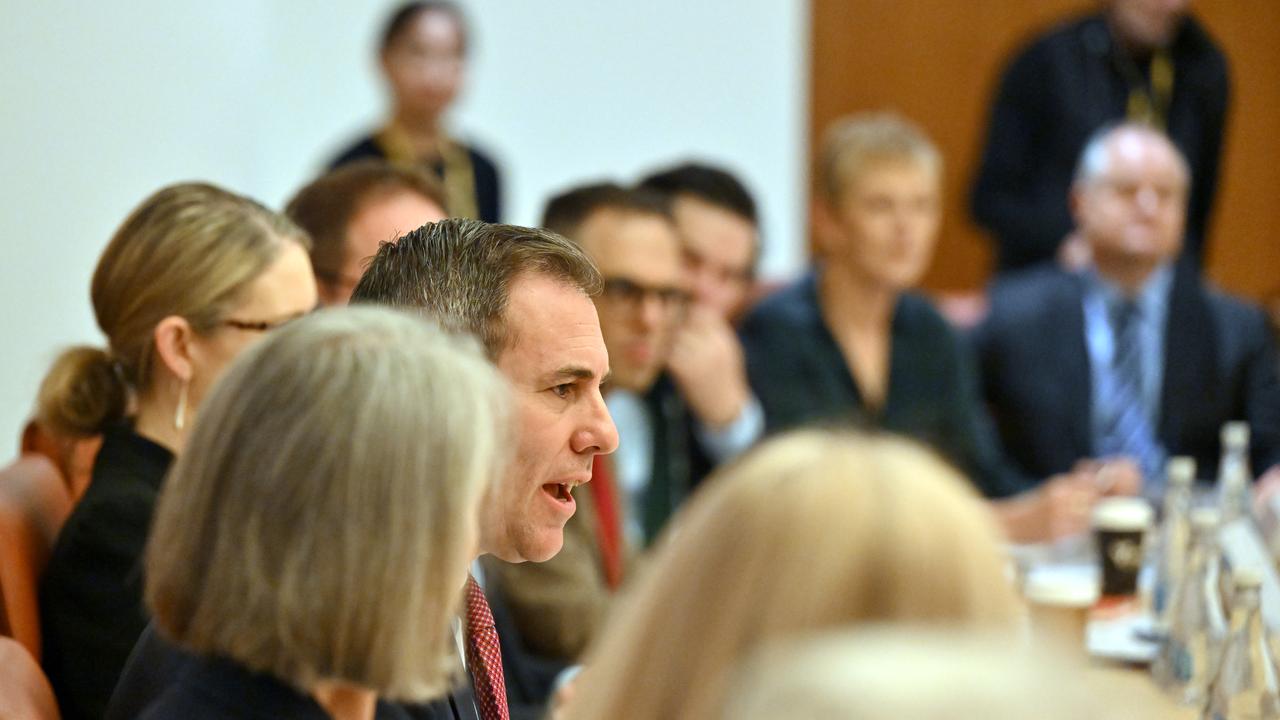
Changes to the code that deal with safety issues such as fireproofing would be exempt from a pause.
But a broader rewrite was also possible.
Master Builders Australia has been pushing for a review into “non-essential” changes, including EV charging requirements, which they argue increase the cost and complexity of building new homes.
Australian Council of Trade Unions president Michele O’Neil said it was important to keep improving energy efficiency of new homes but acknowledged the nearly-3000 page document was “clunky”, and called for more support for modular housing.
Not all were on board with the pause.
Australian Council of Social Service chief executive Cassandra Goldie was concerned about it leading to poorer housing quality, while outspoken Labor backbencher Ed Husic told the ABC it would mean “repeating the bad mistakes of the coalition”.
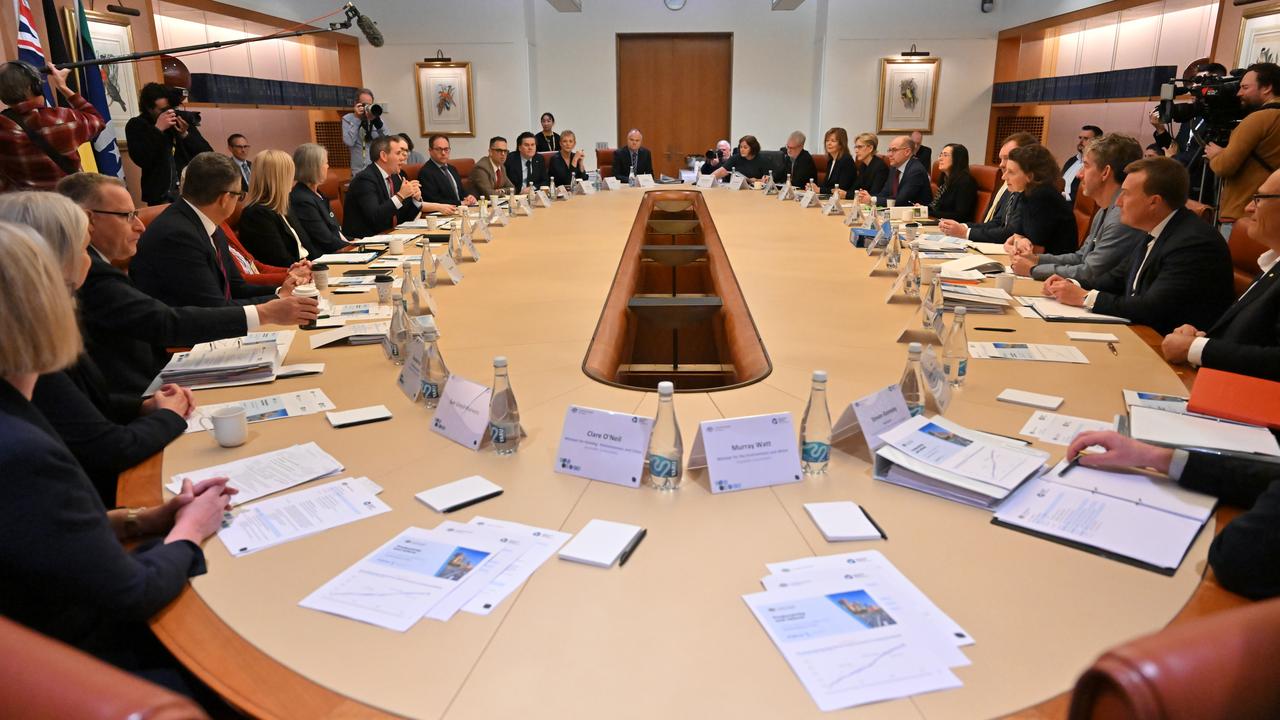
The opposition took a 10-year pause of the code to the last election, a policy which was not supported by Labor at the time, but Treasury advised pausing changes to the code in a document leaked ahead of the roundtable.
The ACTU’s Ms O’Neil agreed with business groups and the superannuation industry that there was need to reform the super performance test, which disincentivised long-term investments in housing and clean energy.
There was also support for reforming the Howard-era Environment Protection and Biodiversity Conservation rules.
Unions, employer groups and environmentalists all agreed the act was no longer fit for purpose. They want a new act that provides faster decisions for projects from mining to housing.
Shadow treasurer Ted O’Brien said he would be as constructive as he could but would hold fire on supporting either of the proposals until he saw more details from Labor.
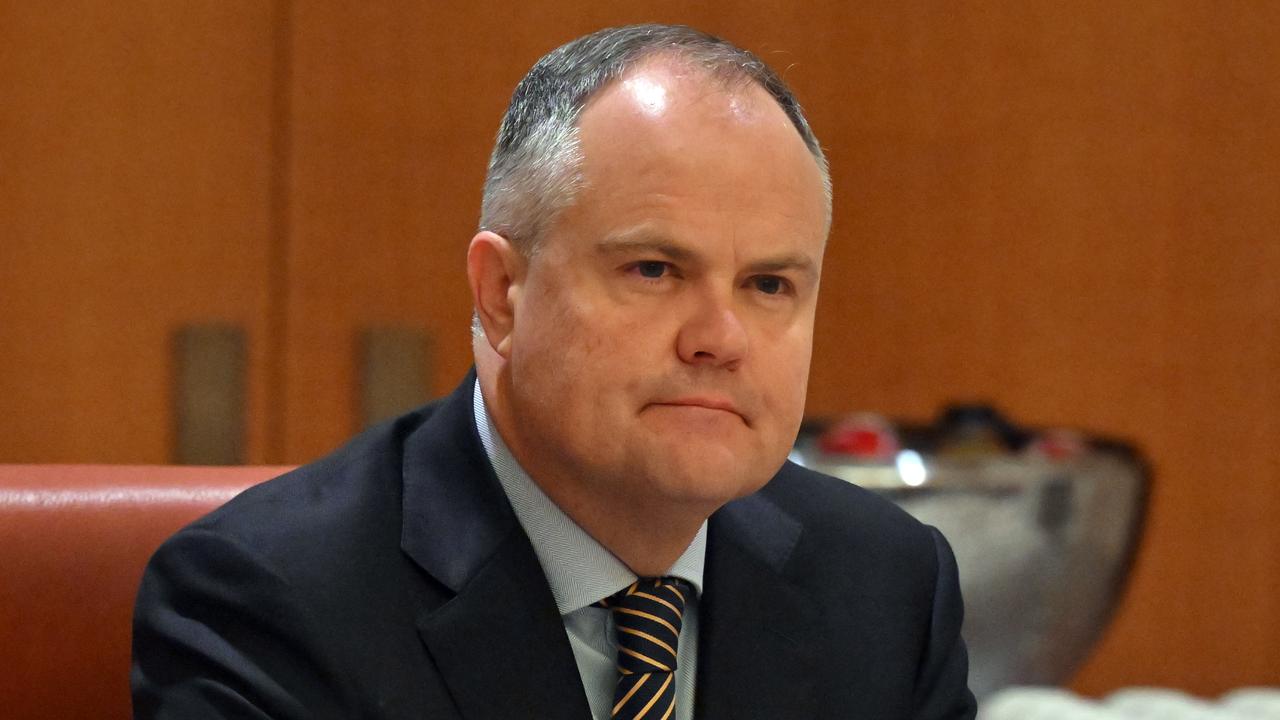
Australian Conservation Foundation chief executive Kelly O’Shanassy said there was consensus for the creation of a national environment protection agency, but the “devil is in the detail”.
While business groups want the EPA to only deal with compliance and not project approvals, Ms O’Shanassy said you needed an independent regulator that is held to account for the speed and quality of its decisions.
“So I would put to the folks who don’t like the idea of a national EPA making decisions: what’s your plan to get better, faster, more predictable decisions for your company and better outcomes for nature?” she said.
NSW Treasurer Daniel Mookhey, who is representing all the states and territories at the roundtable, said he wanted the federal government’s $900 million productivity fund increased, calling it an “excellent start”.
Increasing the fund could help other states and territories follow NSW’s lead in adopting artificial intelligence to speed up planning approvals, he said.
Regulation of AI has been a major dividing line between employers and unions heading into the roundtable, with the ACTU calling for the government to force employers to consult with staff before introducing AI tools to the workplace.
But Australian Industry Group chief executive Innes Willox said there was little conflict with the peak union body in discussions about AI on Wednesday afternoon.

Aussie anxiety fuelling AUKUS submarine social licence
Global volatility reflected in the mood of the nation is giving the federal government the necessary social licence to push on with the AUKUS submarine project, the defence minister says.
Public trust has been achieved in communities across the nation but it’s an ongoing job that requires “constant nurturing”, Richard Marles told the Submarine Institute of Australia conference in Perth on Wednesday.
“People’s heads are in the right place,” he said.
“People do have a sense of anxiety that the world is a pretty complex and volatile place.
“That is how I would describe the mood of the nation, and that does give a basis upon which you can then provide a narrative about why we would be spending a very considerable amount of money on this particular platform.”
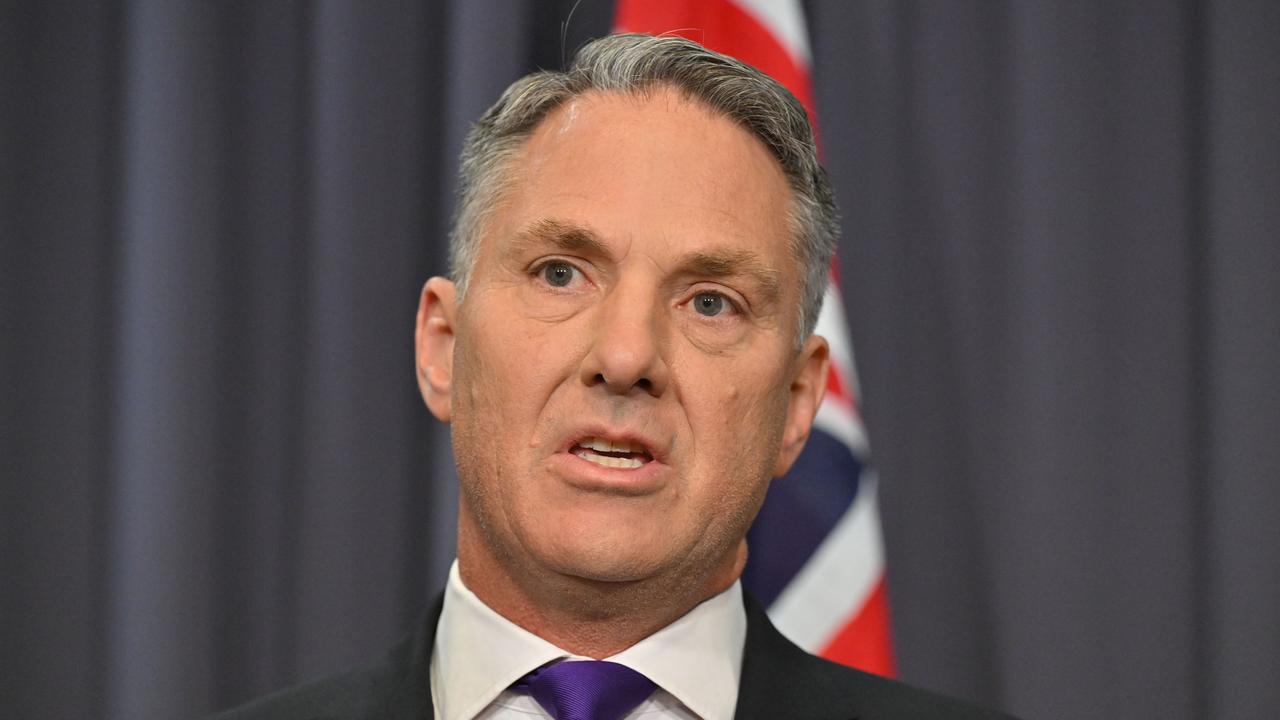
Mr Marles said Australia was providing submissions for the US AUKUS review and was “fully across” its process and timing.
The review should “pull no punches” about areas where improvement could be achieved, he said.
“Obviously there are areas where we would like to be going faster than we are,” he said.
“It would be extraordinary to be standing up here and saying everything is tickety-boo.
“Things are pretty good, like I really think the glass is more than half full, but there is absolutely room for improvement.”
Australia continues to take significant, groundbreaking steps in preparation to receive, build and operate nuclear submarines, but the timeline was tight, he said.
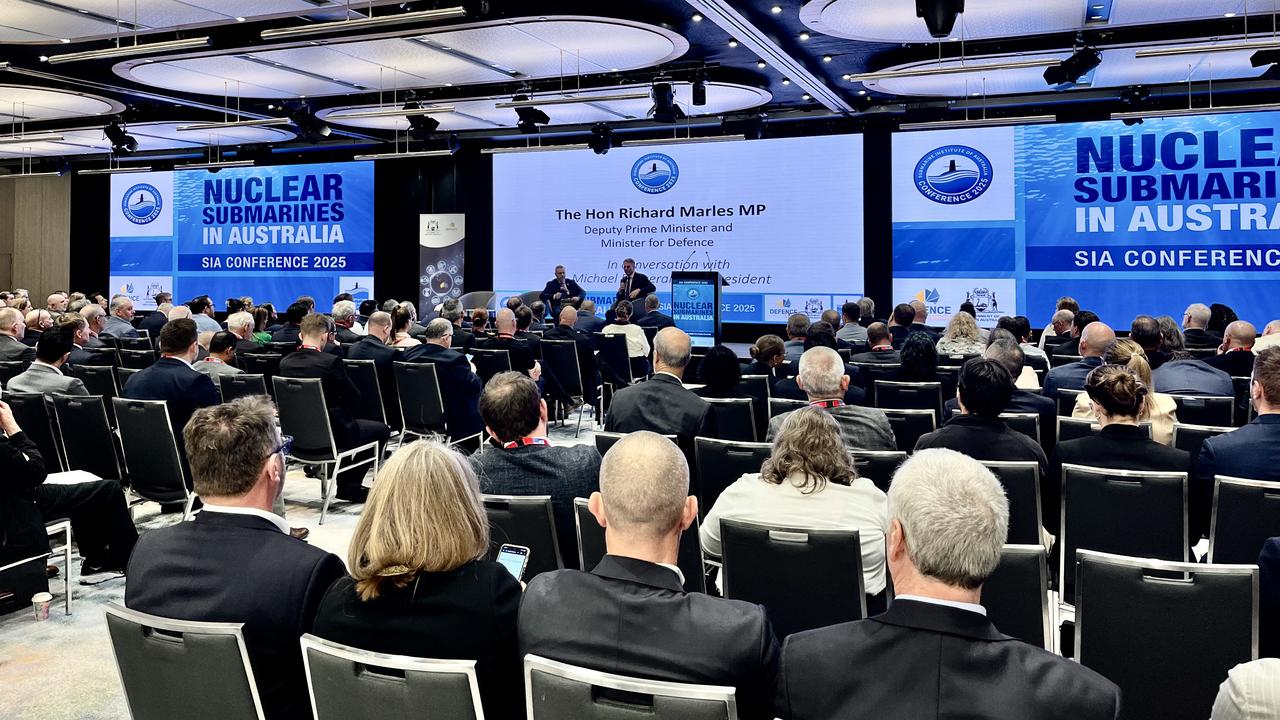
“I’m acutely aware that a milestone missed now cascades into other milestones becoming much further delayed down the track,” Mr Marles said.
“So there’s a relentless focus right now to make sure we are not letting any milestones slip.”
The trilateral security pact between Australia, the UK and the US to supply nuclear submarines at an estimated cost of $368 billion has been slammed since it was announced in March 2023.
Former prime ministers Malcolm Turnbull and Paul Keating and former Labor foreign minister Gareth Evans are among those who have criticised the deal amid ongoing protest across the nation.
The Australian Greens also oppose the pact, along with the members of the Australian Anti-AUKUS Coalition, which is made up of peace, community, environment, social justice, independence, faith and socialist organisations and unions.
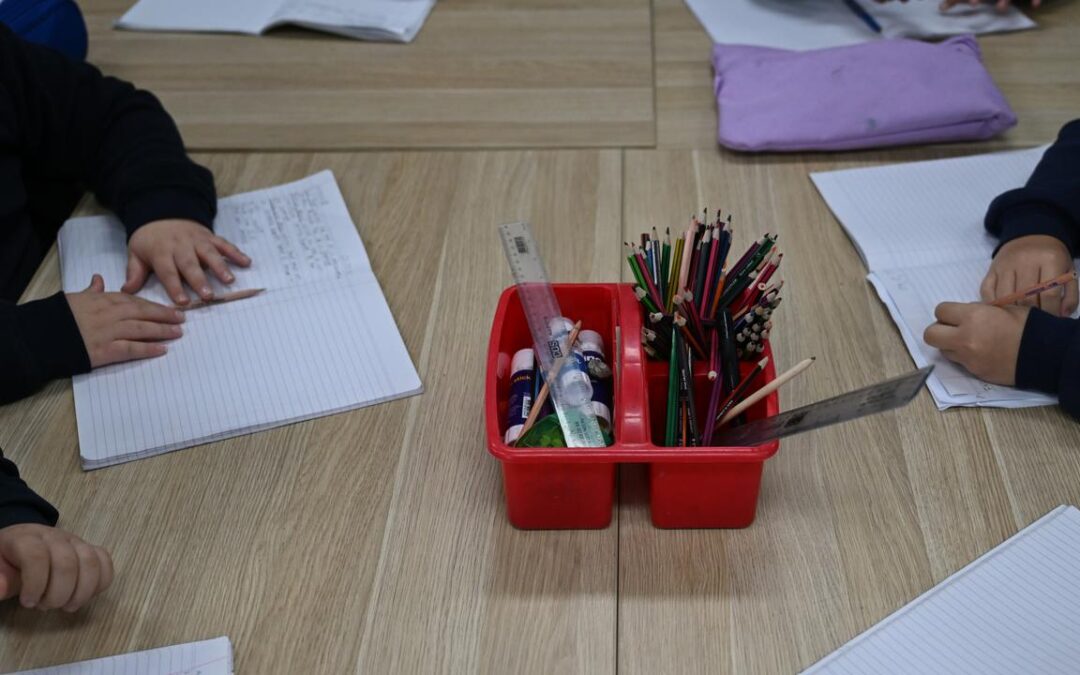
The wrong fit: children with autism moved off NDIS
Children with autism who rely on the NDIS for support will be diverted to a new program, touted by disability groups as a “once-in-a-generation” reform.
Disability Minister Mark Butler used a speech at the National Press Club on Wednesday to say the NDIS was not the right fit for the growing number of children on the autism spectrum or with development delays.
A separate program called Thriving Kids will be set up to focus on those children previously covered by the NDIS.
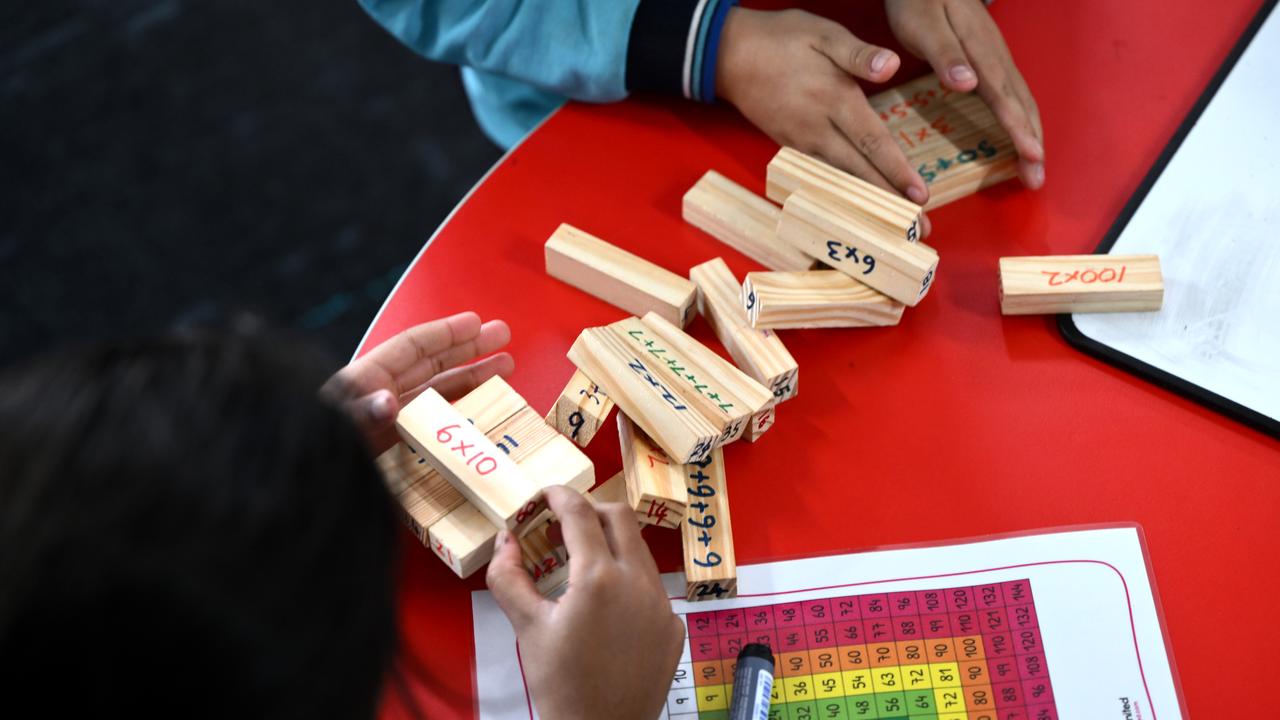
It will begin rolling out from July 2026 and be fully implemented by July 2027.
Children with autism on the NDIS would not be steered from the scheme until supports were fully rolled out, the minister said.
“I know this will be hard for some parents to hear and I don’t say it lightly,” Mr Butler said in the speech.
“We need as a matter of some urgency to create a better system that will enable our children to thrive.
“Diverting this group of kids over time from the NDIS is an important element of making the scheme sustainable and returning it to its original intent.”
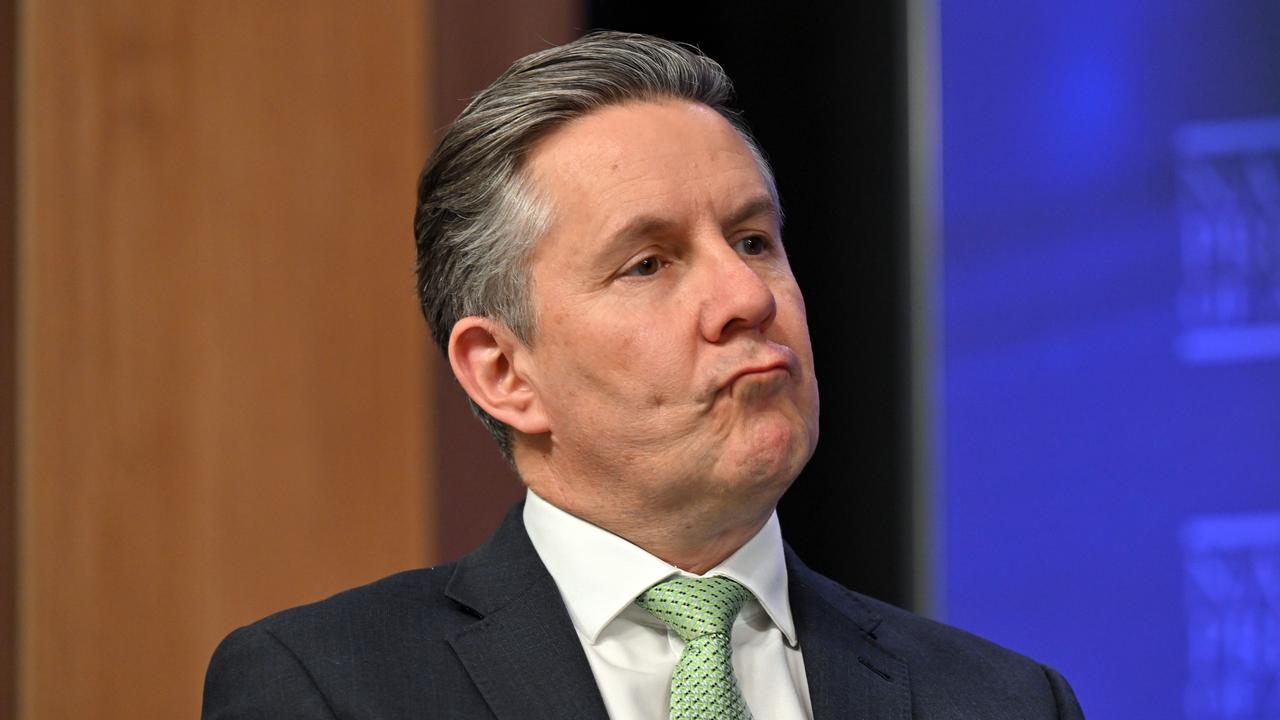
Medicare items for occupational therapy, speech pathology and psychosocial therapy would be considered for the program, including a bulk-billed check-up for three-year-olds, Mr Butler said.
The government would start by making a $2 billion contribution, matched by states and territories.
Early intervention strategies were key for ensuring children received the right support, Autism Awareness chief executive Nicole Rogerson said.
“(Thriving Kids) potentially has the opportunity to be a once-in-a-generation change in how we look at developmental pediatrics,” she told AAP.
She said what Mr Butler was doing was “pretty rare for a politician” because he was “owning what the problem is”.

Ensuring the program was in place before children were moved from the scheme was reassuring, People with Disability acting chief executive Megan Spindler-Smith told AAP.
The minister said while one-in-50 people had a significant disability which would be covered by the NDIS, one-in-five young children were on the autism spectrum or had a developmental delay.
Parents had little choice but to put their children with autism on a scheme designed for permanent disability, Mr Butler said.
“Families who were looking for additional supports in mainstream services can’t find them because they largely don’t exist anymore and in that, all governments have failed them,” he said.
Mr Butler said the changes would help to bring down the cost of the NDIS, with taxpayers set to fork out more than $52 billion for the scheme in 2025/26.
Laws passed in 2024 put in place a cap on spending growth of eight per cent per year.
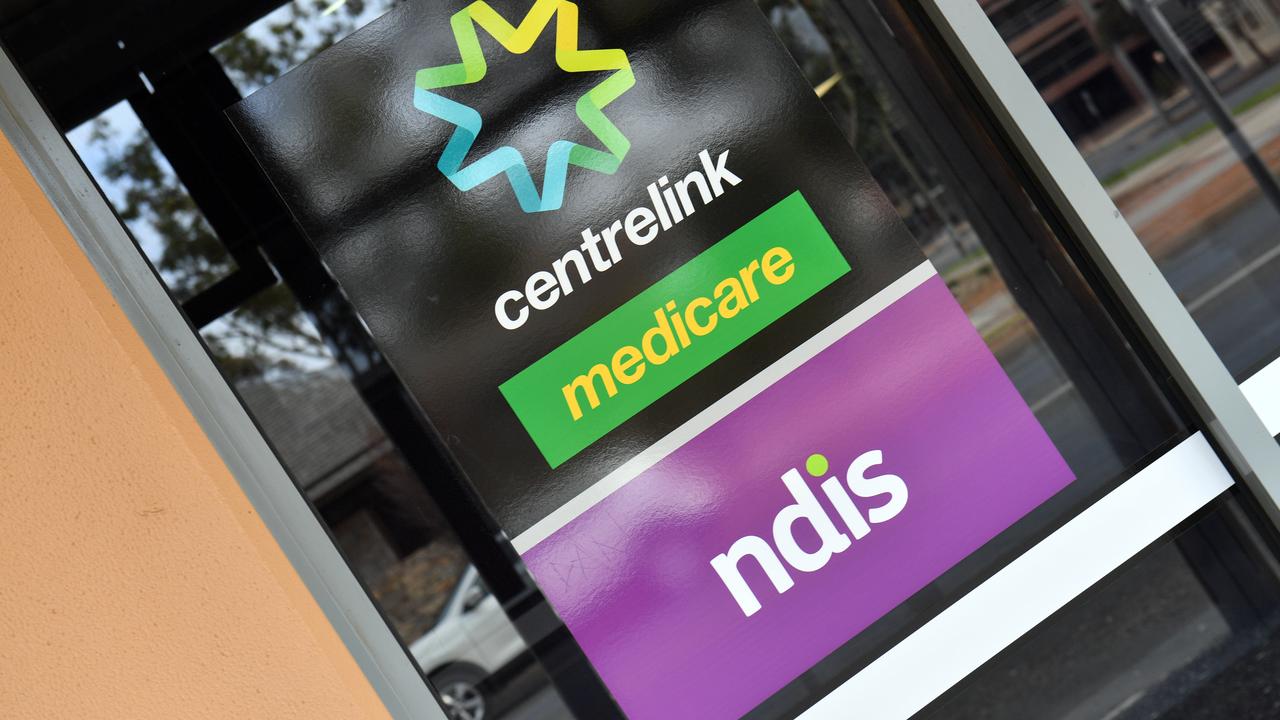
But the minister said the existing level of growth was unsustainable and a cap of between five and six per cent would be more effective.
“After we achieve our current target, a further wave of reform will be needed to get growth down to a more sustainable position,” he said.
“There’s no significant change in disability prevalence in the community and the scheme is now fully rolled out. So growth should really reflect unit price inflation plus growth in Australia’s population.”
Autism peak body Aspect said families needed the right level of support.
“Given the number of autistic children we support through our schools and therapy programs, families must have confidence there will be continuity of supports, real choice and control, and no gaps during the transition,” chief executive Jacqui Borland said
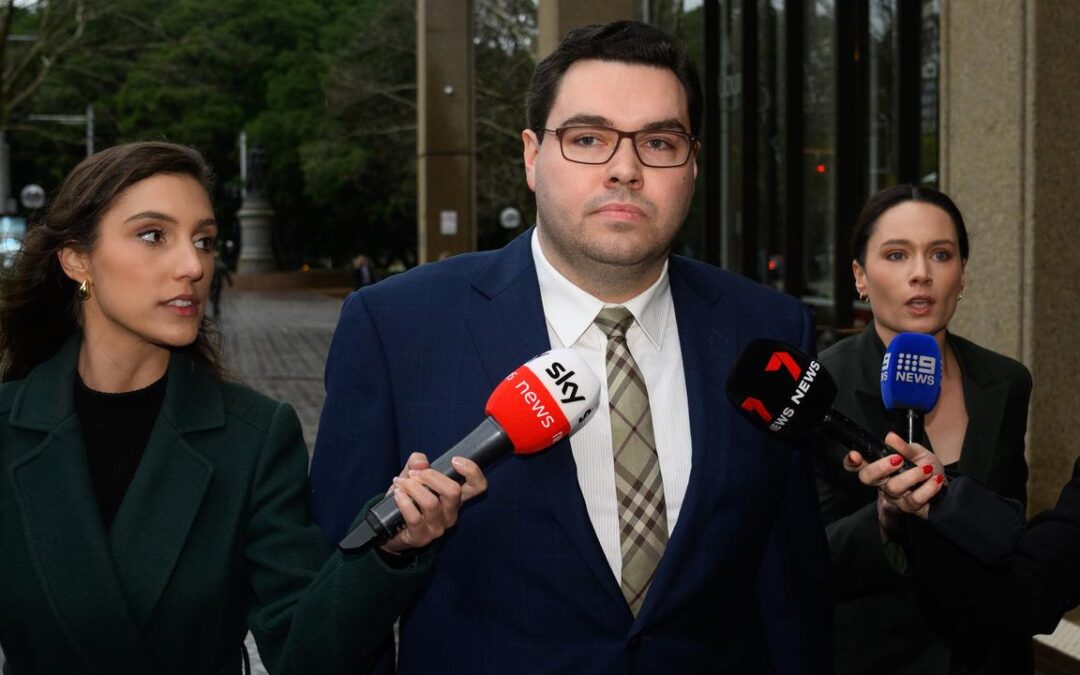
Lehrmann called ‘national joke’ on return to lion’s den
Bruce Lehrmann has challenged damning findings from a landmark defamation case, arguing not all rape is violent as his tattered reputation takes another beating.
The former federal political staffer is appealing his loss to Network Ten and journalist Lisa Wilkinson, whom he sued over an interview they conducted with his former colleague Brittany Higgins on The Project in 2021.
In his ruling on the defamation case in April 2024, Federal Court Justice Michael Lee found Ms Higgins’ claims she had been raped by Lehrmann in parliament house in 2019 were proven on the balance of probabilities.
In his headline-grabbing decision, the judge quipped: “Having escaped the lions’ den, Mr Lehrmann made the mistake of going back for his hat” in reference to his doomed defamation bid.
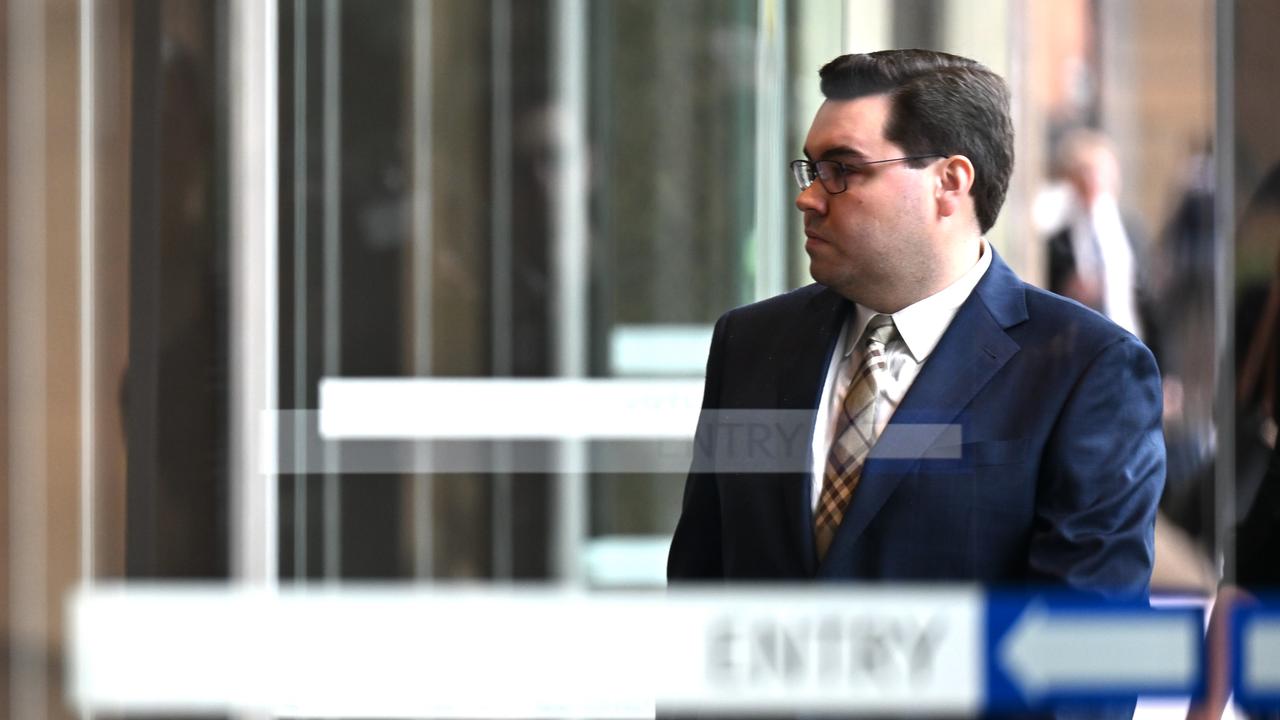
Lehrmann’s lawyer Zali Burrows told the appeal court on Wednesday Justice Lee’s ruling, on the heels of an abandoned criminal trial, meant Lehrmann has become probably “the most damaged man in Australia”.
Media attention, aggravated by commentary from Channel Ten and Wilkinson, led to a flood of hateful social media comments aimed at Lehrmann, she said.
“He’s pretty much become a national joke,” Ms Burrows told the court.
She argued Lehrmann, 30, was denied procedural fairness because the facts found by Justice Lee were “starkly different” from the case run by Ten.
The ex-Liberal staffer had been “taken by surprise” the judge had adopted a “softer” sequence of events that had not been put to Lehrmann in cross-examination, Ms Burrows said.
She claimed Lehrmann had been accused of committing a violent rape but Justice Lee had found it was a “non-violent rape”, prompting Justice Craig Colvin to say he wasn’t sure he understood that concept.
Ten’s barrister Matt Collins KC contended the judge had found Ms Higgins’ rape was violent, and indeed: “All rape is violent”.
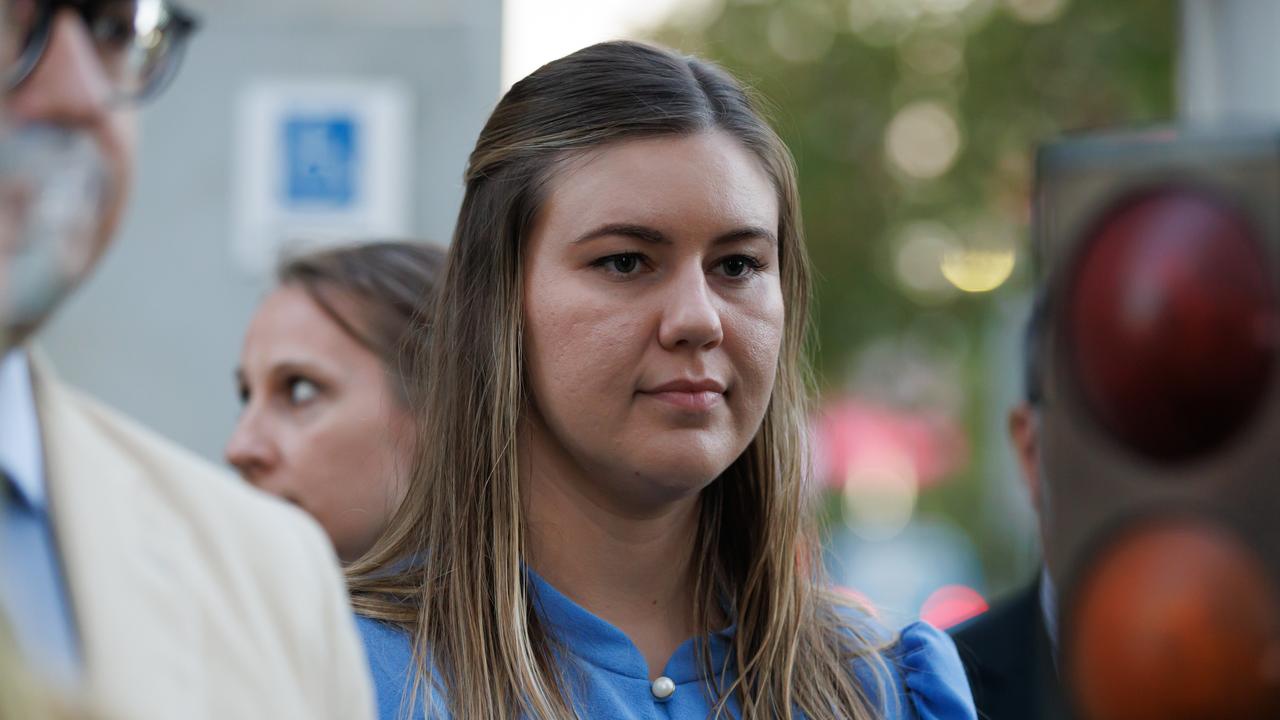
Lehrmann argued the judge was not satisfied about a number of the violent elements argued by Ten, including he had held open Ms Higgins’ legs.
“The sting of the (defamatory) imputation resides in the act of intercourse without consent, not in any detail of it,” Dr Collins said.
He rejected Lehrmann’s suggestions he should be awarded damages of more than $20,000 if successful on appeal.
Lehrmann raped Ms Higgins when he knew she was seriously intoxicated, continued raping her when she became aware, and left her in a state of undress, Dr Collins said.
“That is not a man with any reputation in respect of sexual morality that would warrant compensation,” he said.
He took issue with Justice Lee’s finding Lehrmann had been reckless as to whether Ms Higgins was consenting and urged the appeal court to instead find he knew she did not consent.
Ms Wilkinson’s lawyer agreed Lehrmann’s “level of indifference” could not be inadvertent and instead amounted to a definition of “intentional rape” as understood by an ordinary person.
“A young man who knows that a woman is very drunk knows that she cannot consent,” Sue Chrysanthou SC said.
“This is not a legal question, this is a question that is considered on the standards of the community.”

Lehrmann not only knew Ms Higgins was very intoxicated but encouraged her to drink, she said.
Both lawyers argued Lehrmann had been confronted with the main facts of the case as found by Justice Lee: that sex took place, Ms Higgins did not consent and Lehrmann had been reckless as to her consent.
Lehrmann maintains he did not sexually assault Ms Higgins and a 2022 criminal case against him was abandoned without any findings against him.
Earlier in the day, Ms Burrows apologised Lehrmann was not represented by a silk, telling the panel of judges he “really wanted” Guy Reynolds SC but “couldn’t afford” to engage him.
The defamation case and related appeal are among a host of court actions spawned by Ms Higgins’ allegation of sexual assault.
The Western Australian Supreme Court will next Wednesday rule on former Liberal senator Linda Reynolds’ high-profile defamation case against Ms Higgins, her former employee.
1800 RESPECT (1800 737 732)
National Sexual Abuse and Redress Support Service 1800 211 028